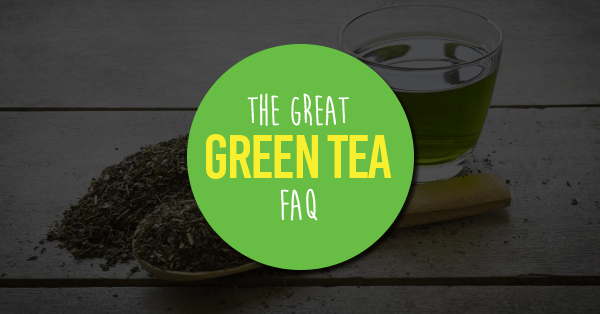
The Great Green Tea FAQ
Here are answers to some of the most frequently asked questions about the popular tea.
Why is my green tea brown?
I get why this can confuse you. It’s in the name, isn’t it? “Green” tea. So why is your green tea not...well, green? The color of your tea can actually say a lot about its quality and how well it has been handled.
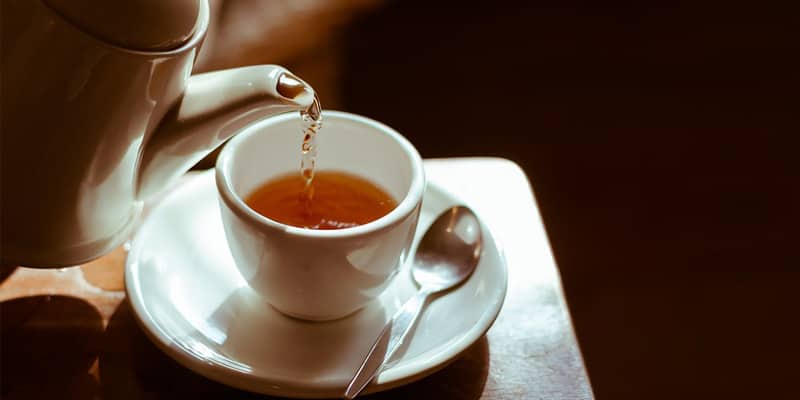
1. Overoxidization. During its processing stage, the green tea may have been exposed to far too much light and oxygen which lead to that brown color and also means that your tea is lacking a lot of the many benefits that green tea is famous for in the first place.
2. You’ve burnt it! Brewing your green tea at a temperature that is too high will also make it brown. The maximum 180°F for at least a minute should be enough before your tea begins to lose that lovely green hue.
3. Oversteeping. Steeping your tea for more than 3 minutes will fill that cup with not only the flavor, but also the brown color.
So, even if you’ve followed the proper way of brewing your tea yet still find it brown, then you know that you’ve got to buy a fresh new batch.
Why does green tea make you poop?
Green tea and green tea supplements are generally great for cleaning out your colon and getting you back to regularity or if you just need a good detox. Here are a few reasons why that is:
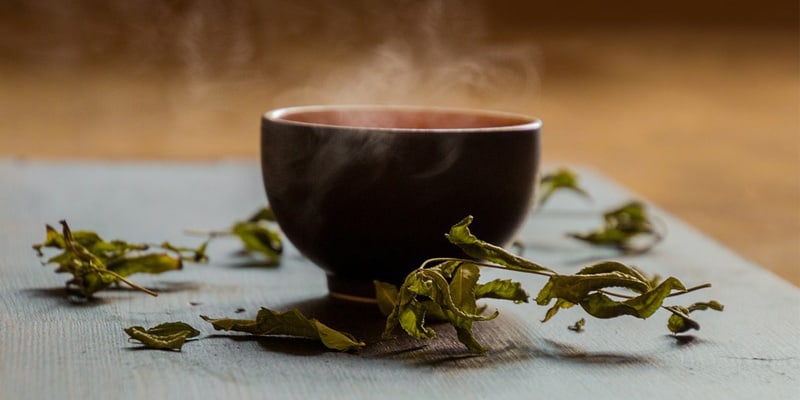
1. Caffeine. Caffeine is a known natural laxative and green tea possess caffeine which is also why it’s great for mental alertness. Another thing to note is that if you brew your tea longer, the more caffeine will be released.
2. If you have your green tea before your first meal of the day or right after you wake from slumber, then your stomach is more likely to be stimulated immediately.
3. Quantity. Your body is definitely going to notice the difference between one cup of tea, and four cups of tea, and your bowels will react especially if you are not a regular tea drinker. Make sure to limit your green tea consumption to one cup a day and slowly build from there if you want to keep drinking it without needing to rush to the bathroom.
Why does green tea taste like fish?
Shouldn’t green tea taste like, you know, tea? Not all teas are created equal nor made in the same exact way or in the same place. That means that two factors are at work here: origin and process.
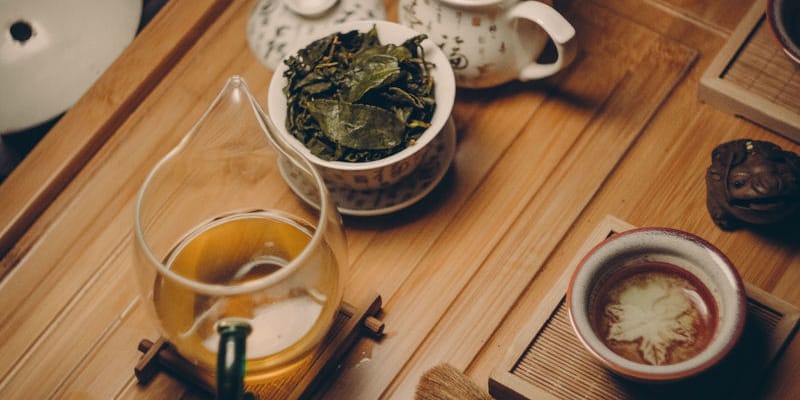
1. Your tea is Japanese. Lots of Japanese teas contain a higher amount of dimethyl sulfide, which contributes to the fishy taste. Japanese teas usually have a mild seaweed flavor, but poorer quality teas release this flavor in a strong and unpleasant way. Stay clear of Japanese teas if you’re not into that fishy taste.
2. Process. The tea may have absorbed the surrounding flavors of where it was stored. Poor handling during the process can also give it that fishy taste, as well as the tea being no longer fresh.
Why does green tea taste so bad?
Green tea should never taste “bad” but when it does, it’s usually because of three things:
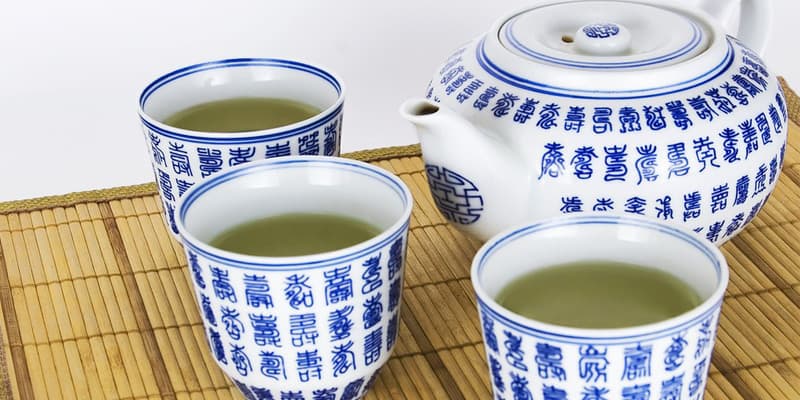
1. It’s not fresh! If it tastes bad, then that could mean that you’re using an old bag and haven’t checked the date of manufacturing before you bought it.
2. It’s just bad quality. Remember that not all teas are created equal, so green teas that have been too exposed to light and oxygen during processing, or just generally not taken cared of properly will not taste good.
3. You’ve oversteeped your tea for longer than 3 minutes and at a temperature over 180°F. Green tea, when fresh and brewed properly, has a mild bitter taste that is not supposed to overpower your senses.
Why is my green tea bitter?
This is because of a couple of things; fannings and chlorophyll. The fannings of loose leaf green tea contain tea dust left over from the leaf, which along with chlorophyll, contribute to the bitter taste. There are also two things that we commonly do that make it even moreso:
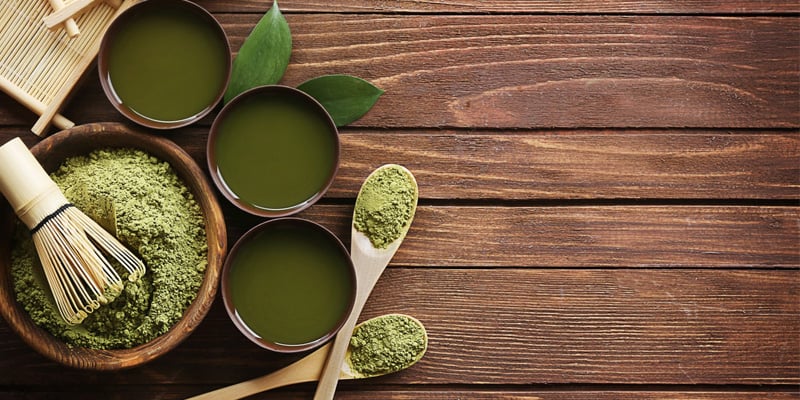
1. Oversteeping. If you’ve steeped your tea for longer than three minutes, it will start turning brown because of how saturated it is with the bitter taste.
2. Burning. Never use boiling hot water for tea and stick to a maximum of 180°F because anything over that will burn your tea and make the bitter taste even more prominent.
The two reasons above will release more of the chlorophyll into the cup you’re sipping on so be careful so as to keep the bitter taste to a minimum.
Hopefully, you’ve learned a new thing or two about green tea and that your questions have been sufficiently answered! Cheers!
About the Author Marie
In my teens, I was diagnosed with chronic fatigue syndrome following a devastating sports-related injury. This incident left me with constant pain in my back and my knee. Fast forward to a decade later, I’ve managed to keep my fitness-focused lifestyle in spite of chronic pain. Thanks to testing out different kinds of natural supplements to help me stay active and sane. I am now a self-professed gym rat and workaholic.
